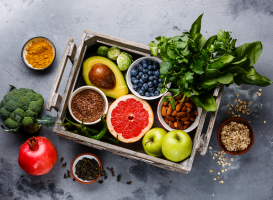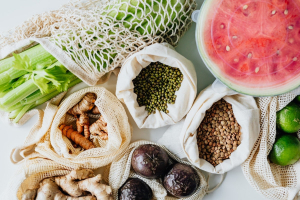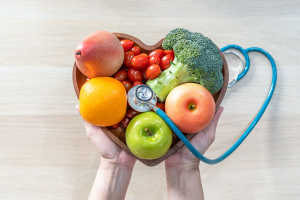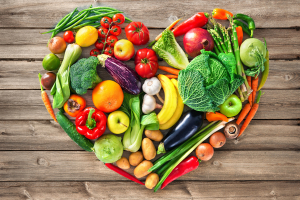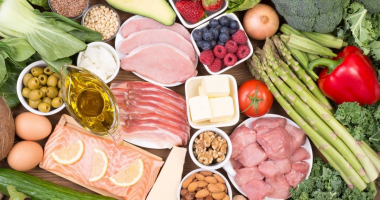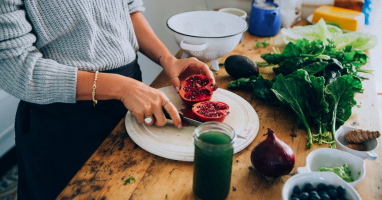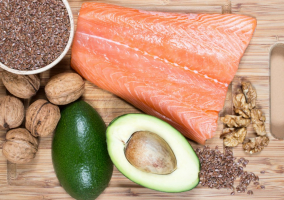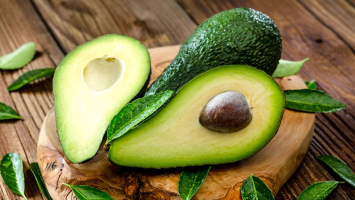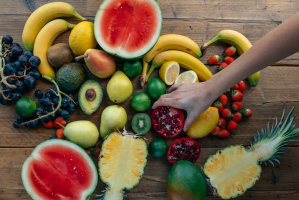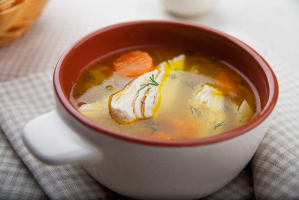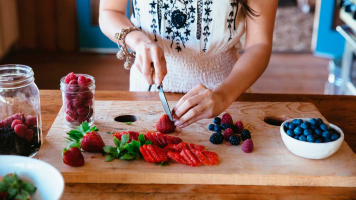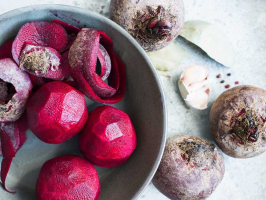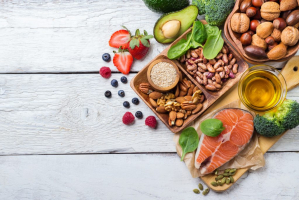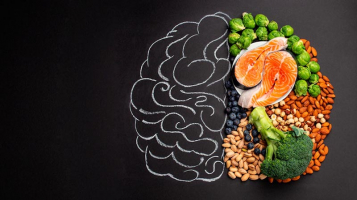Top 10 Best Foods to Help Fight Stress
An unhealthy diet can cause stress levels to skyrocket and potentially increase your risk of future health problems if you don't address them. According to a ... read more...June 2016 review in the Journal of Nutrition and Food Science, a balanced and nutritious diet may be the most important ingredient to good health. So the next time you're under pressure, Toplist hopes you'll arm yourself with these 5 best foods to help fight stress below
-
Another important food group on Dr. Naidoo's anxiety-relieving food list? According to the National Institutes of Health, legumes such as chickpeas, lentils, and beans are high in magnesium, which helps to improve mood (NIH). They're also a good source of B vitamins, which are vital for a variety of reasons, including their role in neurotransmitter development and helping neurons connect with one another, according to study. This, in turn, can assist in increasing emotions of enjoyment while decreasing anxiety.
Furthermore, a study from 2017 and another from 2021 both imply that those who don't get enough B vitamins are more likely to suffer from anxiety and sadness. People who ate foods strong in B vitamins (particularly yeast-based spreads like Marmite and Vegemite) had lower anxiety and stress levels than those who did not, according to a 2018 study. You don't live in Australia? While these Australian-made items are technically available on Amazon, you may obtain your B vitamins from a variety of sources, including legumes and leafy greens.
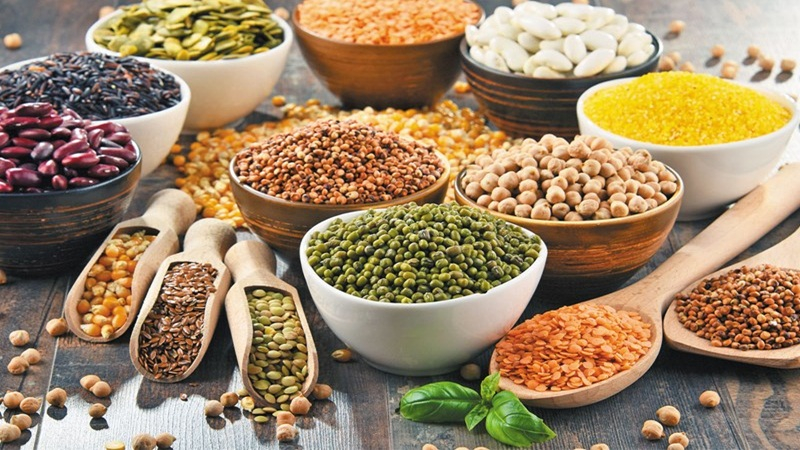
bachhoaxanh.com 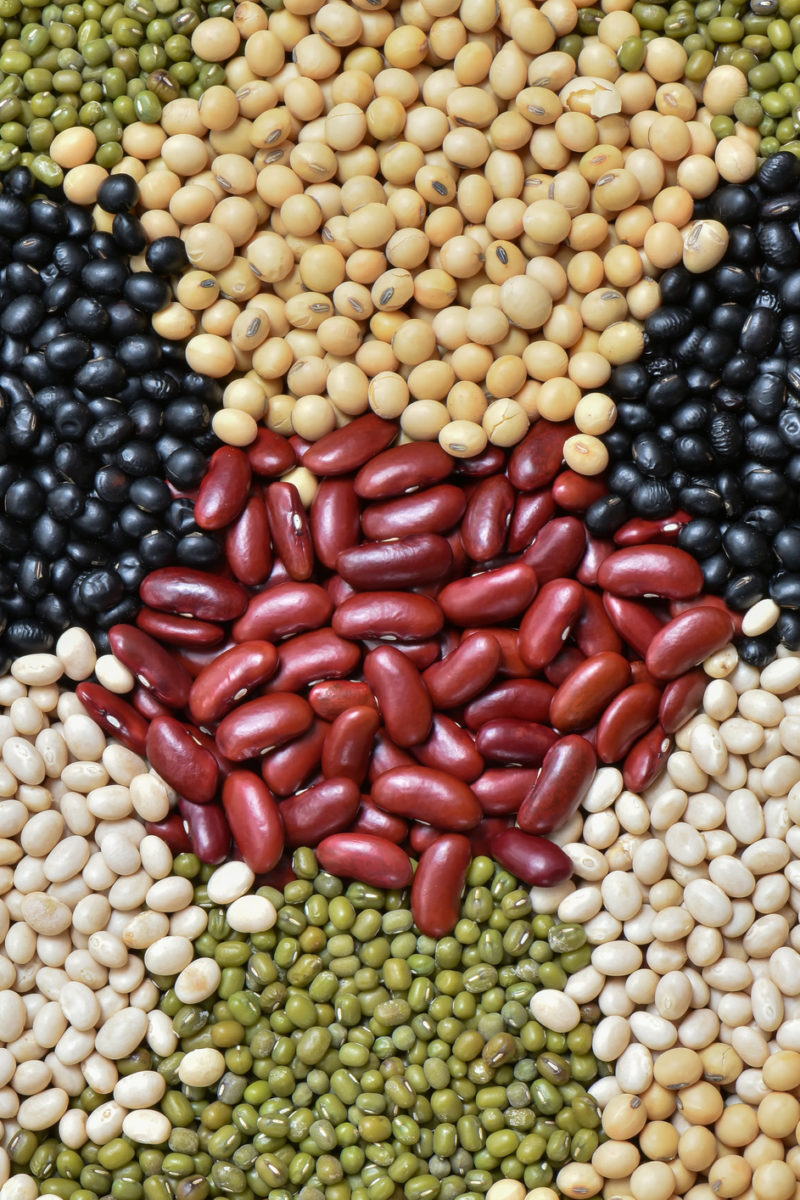
healthline.com -
Theo Tiến sĩ Naidoo, thực phẩm làm giảm viêm - bao gồm tất cả mọi thứ trong danh sách thực phẩm giúp giảm lo âu này - đóng một vai trò trong việc kiểm soát lo lắng. Tuy nhiên, các bằng chứng khoa học cho thấy rằng các bữa ăn giàu probiotic là chất chống viêm đặc biệt tốt. " Bữa ăn lên men chứa nhiều probiotic , giúp hỗ trợ thay đổi thành phần vi khuẩn đường ruột. Thông qua trục hạ đồi-tuyến yên, sự thay đổi này có thể làm giảm phản ứng căng thẳng". Naidoo giải thích. Trục này, còn được gọi là HPA, rất quan trọng trong phản ứng căng thẳng của cơ thể. Dịch: Bao gồm thực phẩm lên men (chẳng hạn như kim chi và dưa cải) và các thực phẩm giàu probiotic khác (chẳng hạn như sữa chua) trong chế độ ăn uống của bạn có thể giúp bạn giữ được tâm trí ổn định hơn và phản ứng bình tĩnh với các kích thích hoặc tình huống gây lo lắng.
Hơn nữa, đường ruột của bạn sản xuất hơn 90% serotonin của cơ thể và khoảng 50% dopamine của cơ thể, hai chất dẫn truyền thần kinh liên quan đến việc điều chỉnh tâm trạng. Kết quả là, có thể khi ruột của bạn không ổn - hãy nghĩ đến sự mất cân bằng hệ vi sinh vật hoặc sự mất cân bằng của vi khuẩn tốt và có hại - chất dẫn truyền thần kinh của bạn không được tạo ra một cách hiệu quả, ảnh hưởng nghiêm trọng đến sức khỏe tinh thần của bạn. Mặt khác, các bữa ăn giàu probiotic có thể giúp bạn tái cân bằng đường ruột và do đó, cải thiện sức khỏe tinh thần của bạn. (Xem thêm: Cảm xúc của bạn ảnh hưởng đến sức khỏe đường ruột của bạn như thế nào.)
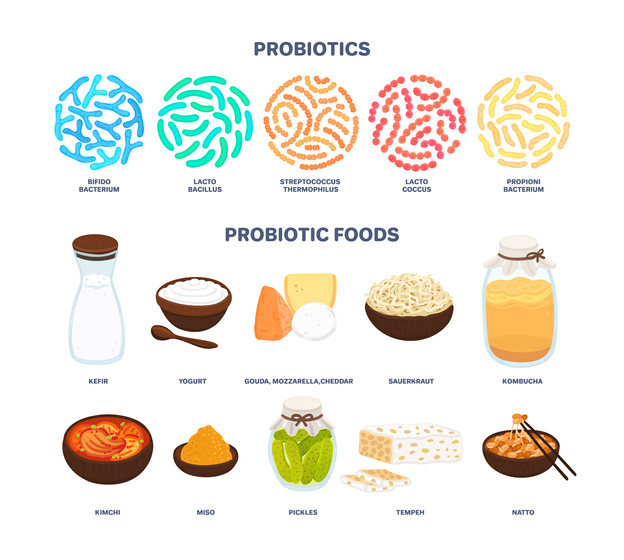
carolinadigestive.com 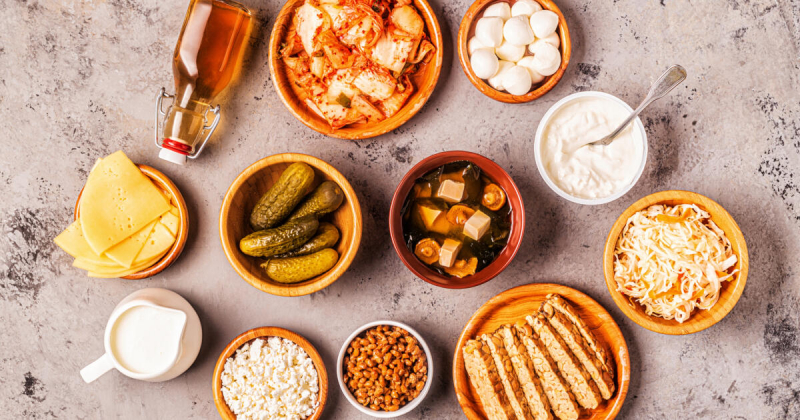
blog.ochsner.org -
A centuries-old home treatment for getting a better night's sleep is to drink warm milk before bed. Warm milk, according to SleepAdvisor.org, can have a soothing impact on both the body and the mind. For example, for people who grew up drinking warm milk before bed, the ritual can signal that it's time to sleep. Sipping a hot beverage while cuddled up on the couch is also inherently calming. Calcium-rich meals are important for bone health, but a study published in the journal Nutrition Research and Practice in December 2012 found that this nutrient may also help reduce depression.
Milk and other dairy foods containing calcium and vitamin D can help muscles relax and mood stabilize – one study published in the journal Obstetrics and Gynecology in January 2017 even revealed that it can aid with premenstrual syndrome symptoms. Calcium, according to Figueroa, is the principal stress reliever in this area. If milk isn't your thing, other dairy products like yogurt and cheese, according to MedlinePlus, are excellent calcium sources. If you're lactose intolerant, the website recommends canned salmon, almonds, sunflower seeds, and green leafy vegetables like kale, broccoli, turnip greens, and bok choy.
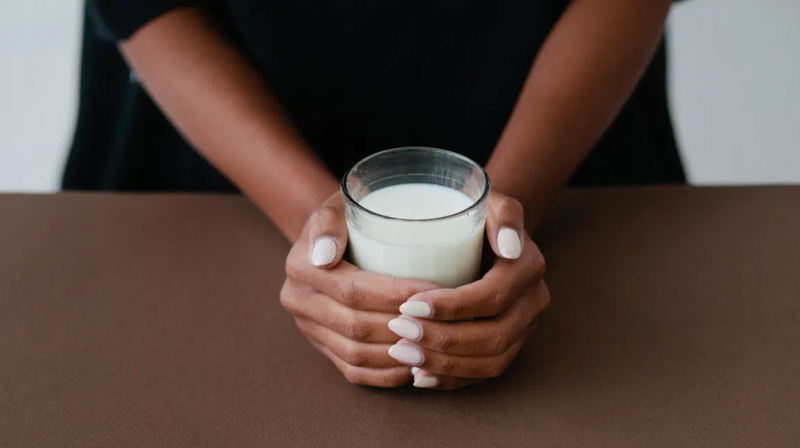
healthline.com 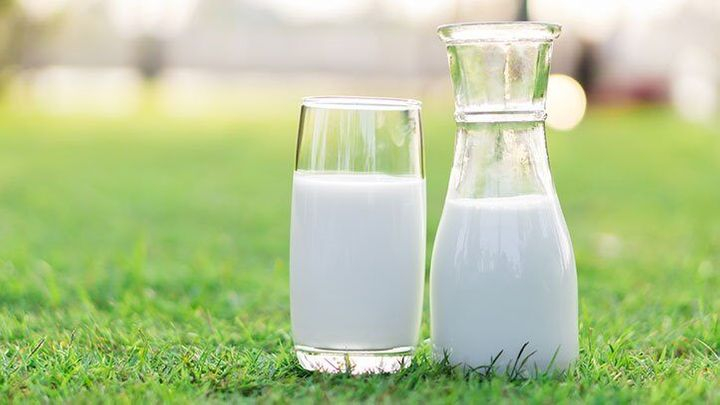
everydayhealth.com -
Adding seafood to your diet can help you fight stress and prevent heart disease. According to the Harvard Health Blog, fatty fish, one of the best foods to help fight stress, because they're heart-healthy, and their omega-3s may aid with depression because the nutrients interact easily with mood-related brain chemicals. According to the American Heart Association, fatty fish include tuna, halibut, salmon, herring, mackerel, sardines, and lake trout. Not a fan of fish? Seaweed, chia seeds, flaxseeds, walnuts, and fortified foods including specific kinds of eggs, milk, soy milk, and nut milk are all whole-food possibilities.
Omega-3 supplements in the form of fish oil are also available at your local drugstore or grocery shop. They're linked to a lower risk of heart disease and stroke, according to the Harvard Health Blog. Fish oil is fine, according to Figueroa, if you're not consuming a well-balanced, omega-3-rich diet that includes fish at least twice a week. However, she advises that you consult with your doctor or a certified nutritionist before starting a supplement regimen to determine the optimal brand and dose for your health goals.
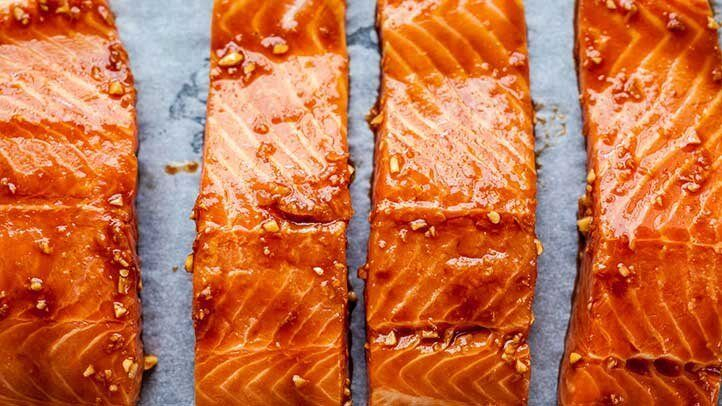
everydayhealth.com -
Avocados, one of the best foods to help fight stress, are high in omega-3 fatty acids and are great mashed into guacamole or sliced and added to salads. According to the National Center for Complementary and Integrative Health, these healthful essential acids are known to lower stress and anxiety, improve concentration, and improve mood. Meyerowitz highlights the necessity of receiving the correct quantity of omega-3 fatty acids in your diet for overall health, which the federal government's dietary standards describe as 1.6 g of ALA (alpha-linolenic acid, a form of omega-3 fats) for adult men and 1.1 g of ALA for adult women.
Avocados' potential superpower extends beyond its omega-3 fatty acids. According to the National Health and Nutrition Examination Survey, they also include phytochemicals, fiber, and vital nutrients. Avocados have been associated to higher diet quality and nutrient intake, as well as a lower risk of metabolic syndrome, which is a group of disorders that includes high blood pressure and obesity, according to a study published in the Nutrition Journal in January 2013. It's crucial to note, however, that the survey only found a link between consuming avocados and improved health markers, not a cause-and-effect relationship.
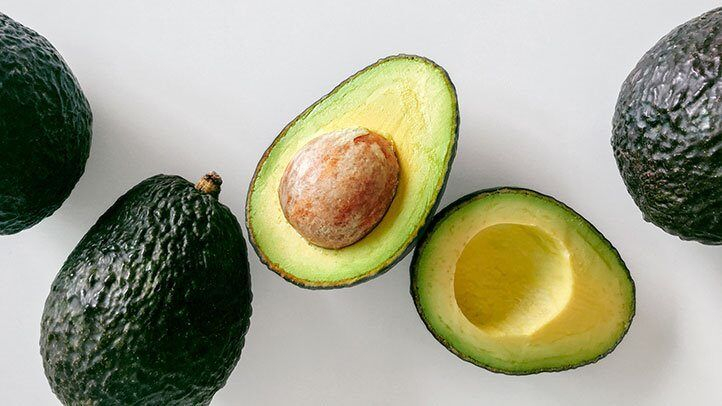
everydayhealth.com 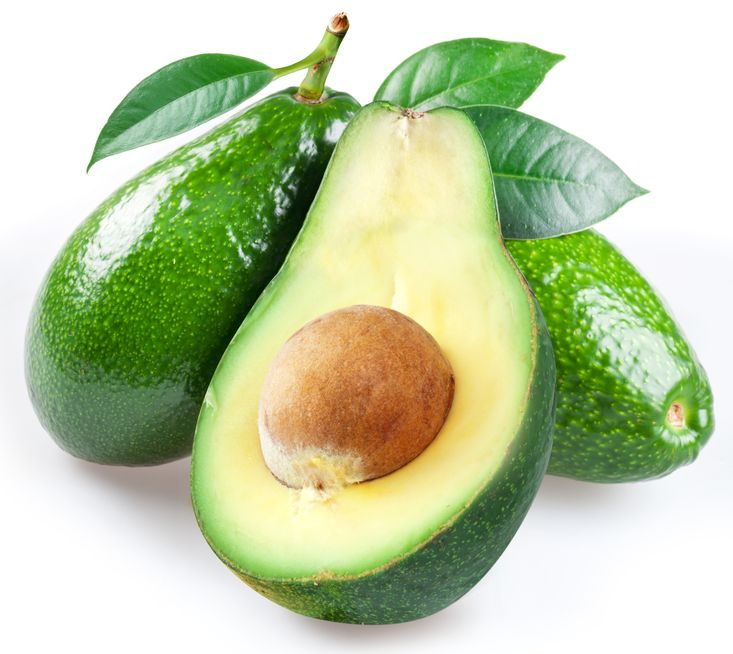
nfpt.com -
Number two among one of the best foods to help fight stress is the dark chocolate. Dark chocolate in the diet can help to alleviate stress in two ways: chemically and emotionally. According to Meyerowitz, simply savoring a piece of chocolate feels like such an indulgence, and that feeling alone might help to relieve stress. According to a study that monitored people who ate roughly 1.5 ounces (oz) of dark chocolate each day for two weeks, dark chocolate may help reduce stress by lowering stress hormone levels in the body. However, Meyerowitz recommended that dark chocolate be used in moderation. That implies one-fourth of a tiny dark chocolate bar should suffice (about 1 oz). Make sure the bar doesn't have an excessive amount of added sugar, according to Figueroa.
She also emphasizes the importance of selecting high-quality dark chocolate. You've probably heard of the "bean-to-bar" trend, which emphasizes high-quality ingredients and in-house control over every element of the chocolate production process. This "farm-to-table" technique ensures that the bar contains only natural ingredients with no added chemicals or additives. Only two or three components, such as cacao beans, cane sugar, and cocoa butter, should be found on the label.
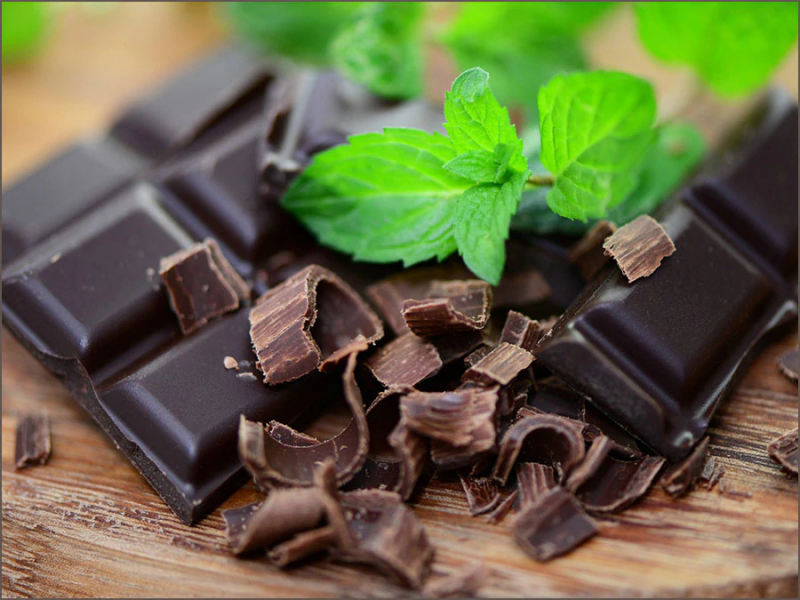
organicexcellence.com 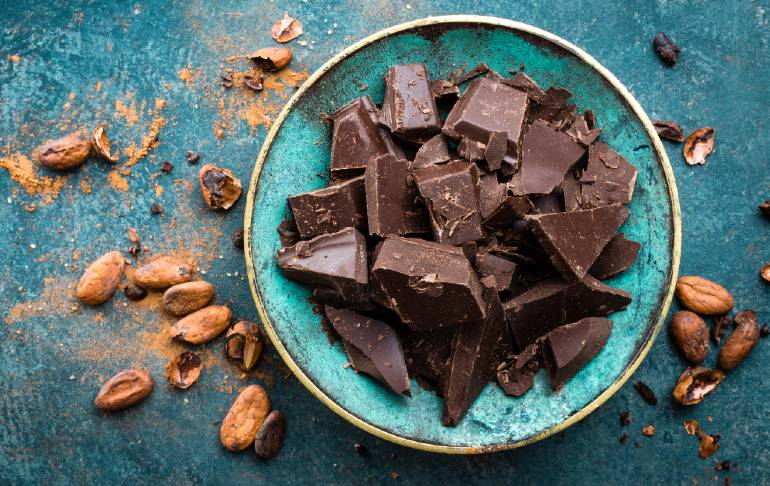
healthshots.com -
Food or drinks can sometimes help relieve stress by inducing a sensation rather than by providing nutrition. First on the list of best foods to help fight stress is the herbal tea. Sandra Meyerowitz, MPH, RD, an online nutrition coach and owner of Nutrition Works in Louisville, Kentucky, recommends drinking a warm cup of tea to help you relax. According to previous study, holding and sipping a hot beverage improves sentiments of "warmth" and friendship amongst people. Sipping a warm drink has a soothing impact regardless of flavor, but particular herbs, such as lavender and chamomile, have been demonstrated to have a relaxing effect on their own, according to Meyerowitz.
Herbal tea is fantastic for settling down, but Figueroa says green tea is fine for a small dose of caffeine because it's high in flavonoids, which studies show improve brain function. According to earlier study, they can help protect neurons from harm caused by neurotoxins, decrease neuroinflammation, and increase memory, learning, and cognitive function. A cup of brewed green tea has between 25 and 29 milligrams (mg) of caffeine, compared to 95 to 165 mg in a cup of black brewed coffee, according to the Mayo Clinic. If you're wanting to unwind, green tea may be a better option than coffee. Flavonoids are a type of antioxidant that can be found in dark chocolate, citrus fruits, and wine. Despite the benefits of green tea, Figueroa recommends avoiding caffeine in the afternoon to improve your chances of getting a decent night's sleep.
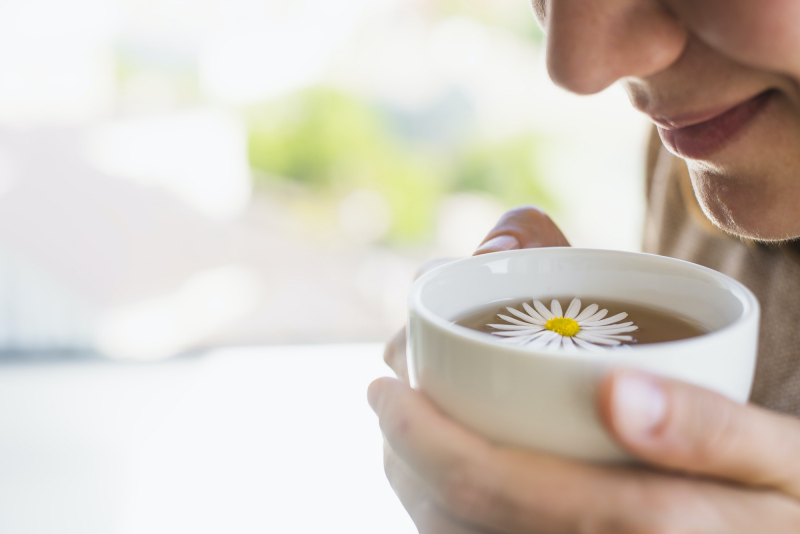
twigscafe.com 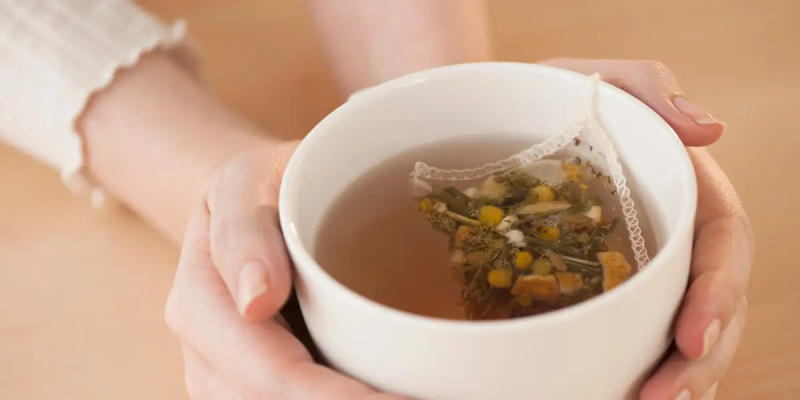
insider.com -
Lactobacillus and Bifidobacteria, two beneficial bacteria, are found in yogurt. There is growing evidence that certain bacteria and fermented products have beneficial impacts on brain healthTrusted Source. Yogurt and other dairy products, according to a recent scientific assessment, may also have an anti-inflammatory effect in the body. Chronic inflammation, according to some study, may play a role in anxiety, stress, and depression. Fermented foods were found to lessen social anxiety in some young people in a 2015 studyTrusted Source, while consuming healthy bacteria was found to boost happiness in some people in many studiesTrusted Source.
Yogurt and other fermented foods can help the body's natural gut bacteria, as well as alleviate anxiety and stress. Cheese, sauerkraut, kimchi, and fermented soy products are examples of fermented foods. According to a study, consuming curd will prevent you from becoming a victim of stress and other connected issues. Every day, include 1 bowl of curd in your diet. Curd should be had first thing in the morning because it is more nutritious.
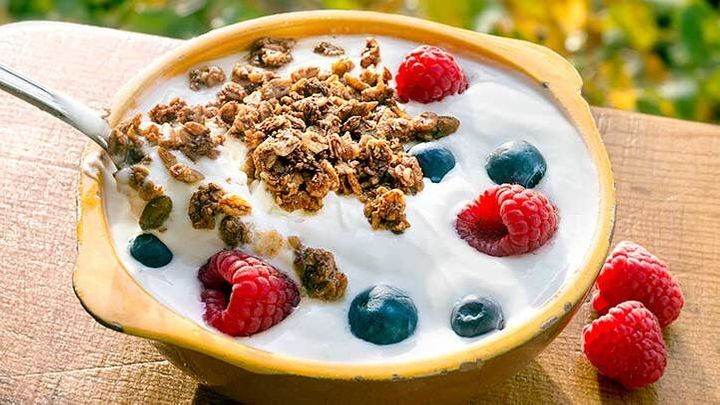
everydayhealth.com 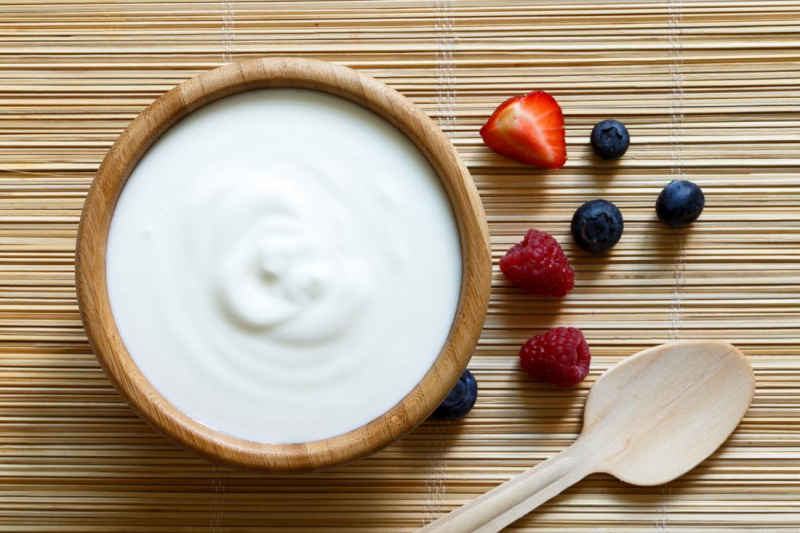
news.abplive.com -
Yolks of eggs Another excellent source of vitamin D is Trusted Source. Eggs are a good source of protein as well. It's a complete protein, which means it has all of the amino acids the body requires for growth and development. Eggs also contain tryptophan, an amino acid that aids in the production of serotonin. Serotonin is a chemical neurotransmitter involved in mood, sleep, memory, and behavior regulation. Serotonin has also been linked to improved brain function and anxiety relief.
Because of their amazing nutrient profile, eggs are often referred to as nature's multivitamin. Vitamins, minerals, amino acids, and antioxidants included in whole eggs are essential for a balanced stress response. Choline, a vitamin present in substantial amounts in only a few foods, is notably abundant in whole eggs. Choline has been demonstrated to be beneficial to brain health and may even protect against stress. Choline supplements have been shown in animal research to help with stress response and mood enhancement.
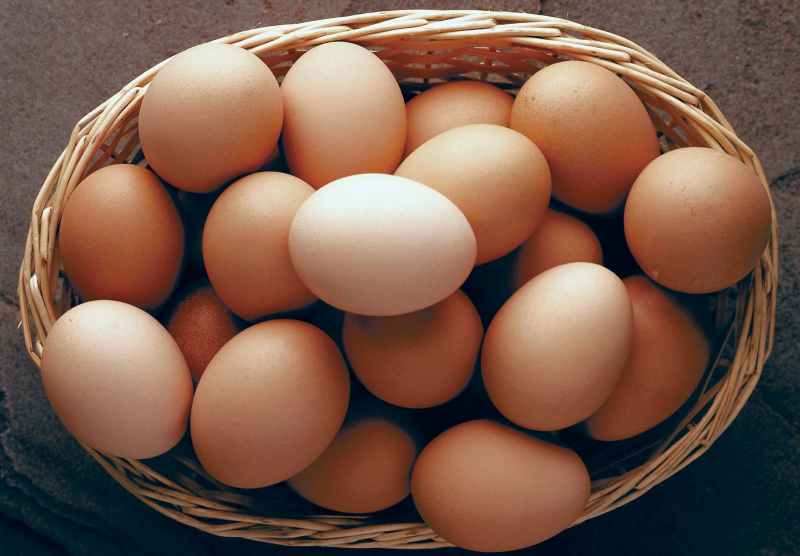
goingsunny.com 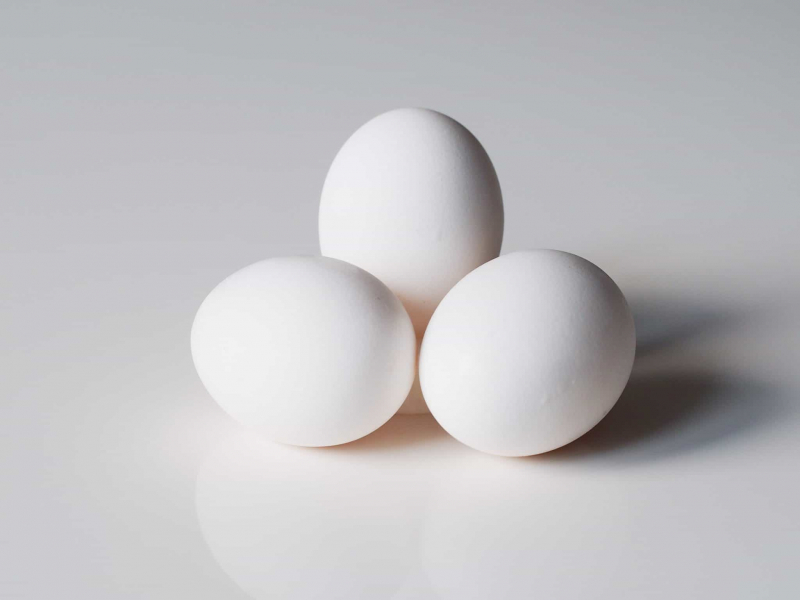
solidstarts.com -
The selenium content of Brazil nuts is high. SeleniumTrusted Source may enhance mood by lowering inflammation, which is frequently elevated in those who have a mood condition like anxiety. Selenium is an antioxidant that protects cells from harm. It's also anti-carcinogenic, which means it can help prevent cancer
Other nuts, animal products, and vegetables high in selenium, such as mushrooms and soybeans, are good sources. It's crucial not to take too much selenium because it can have negative consequences. For an adult, the recommended upper limit for selenium is 400 micrograms (mcg) per day. As a result, avoid taking high-dose supplements or eating more than three to four Brazil nuts per day.
Brazil nuts, as well as other nuts, are high in vitamin E. Antioxidant vitamin E is a substance that protects the body from free radicals. Antioxidants have been demonstrated to help with anxiety, and low levels of vitamin E have been linked to depression in some persons, according to some research.
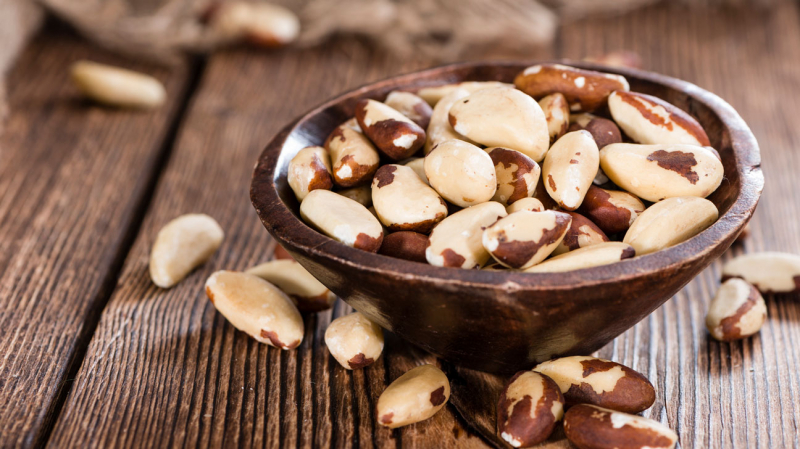
healthline.com 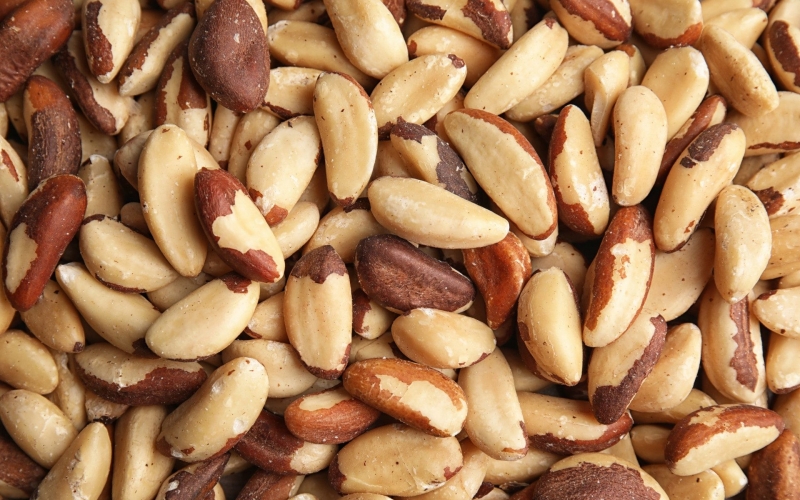
brazilbustravel.com












